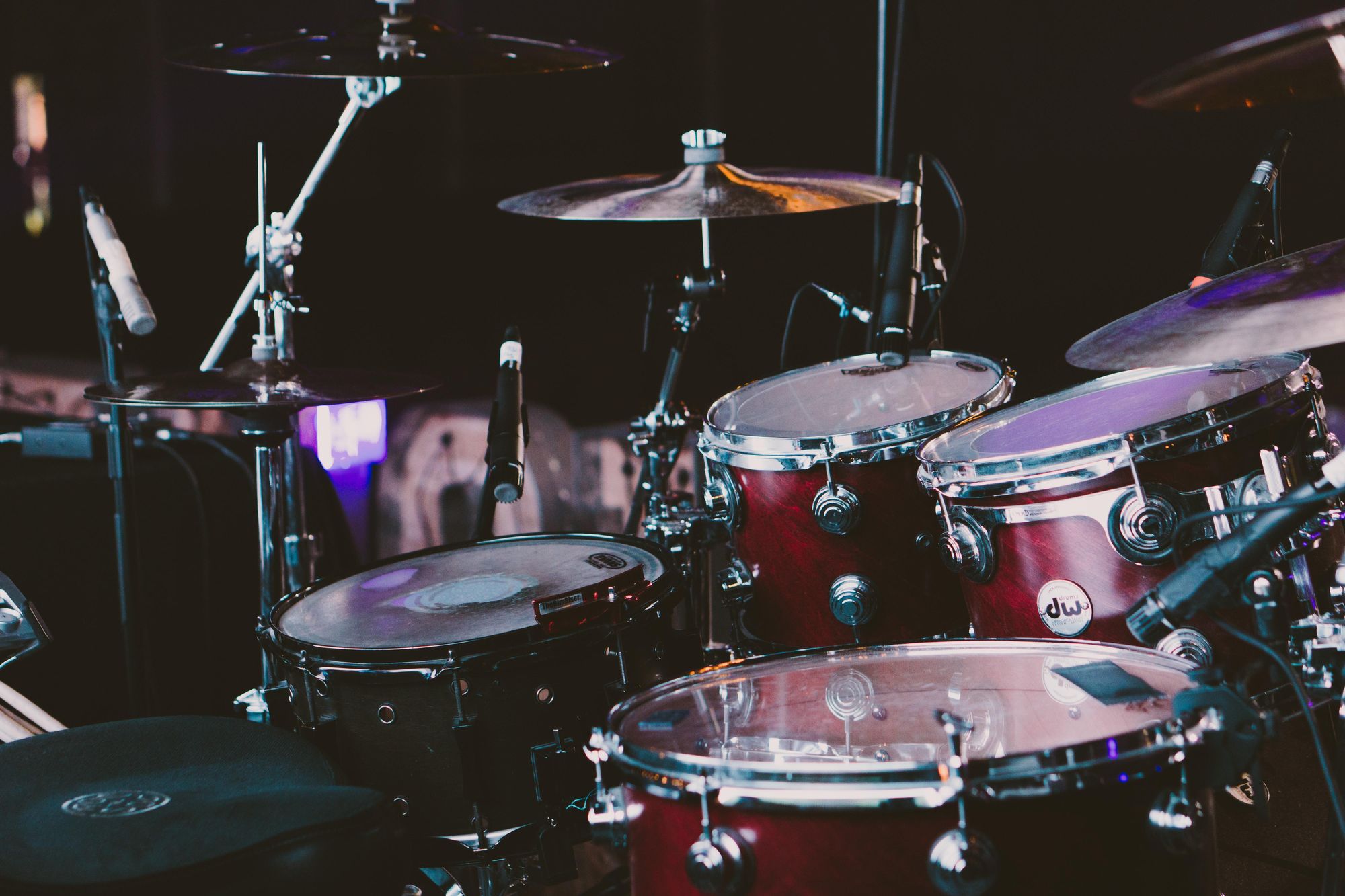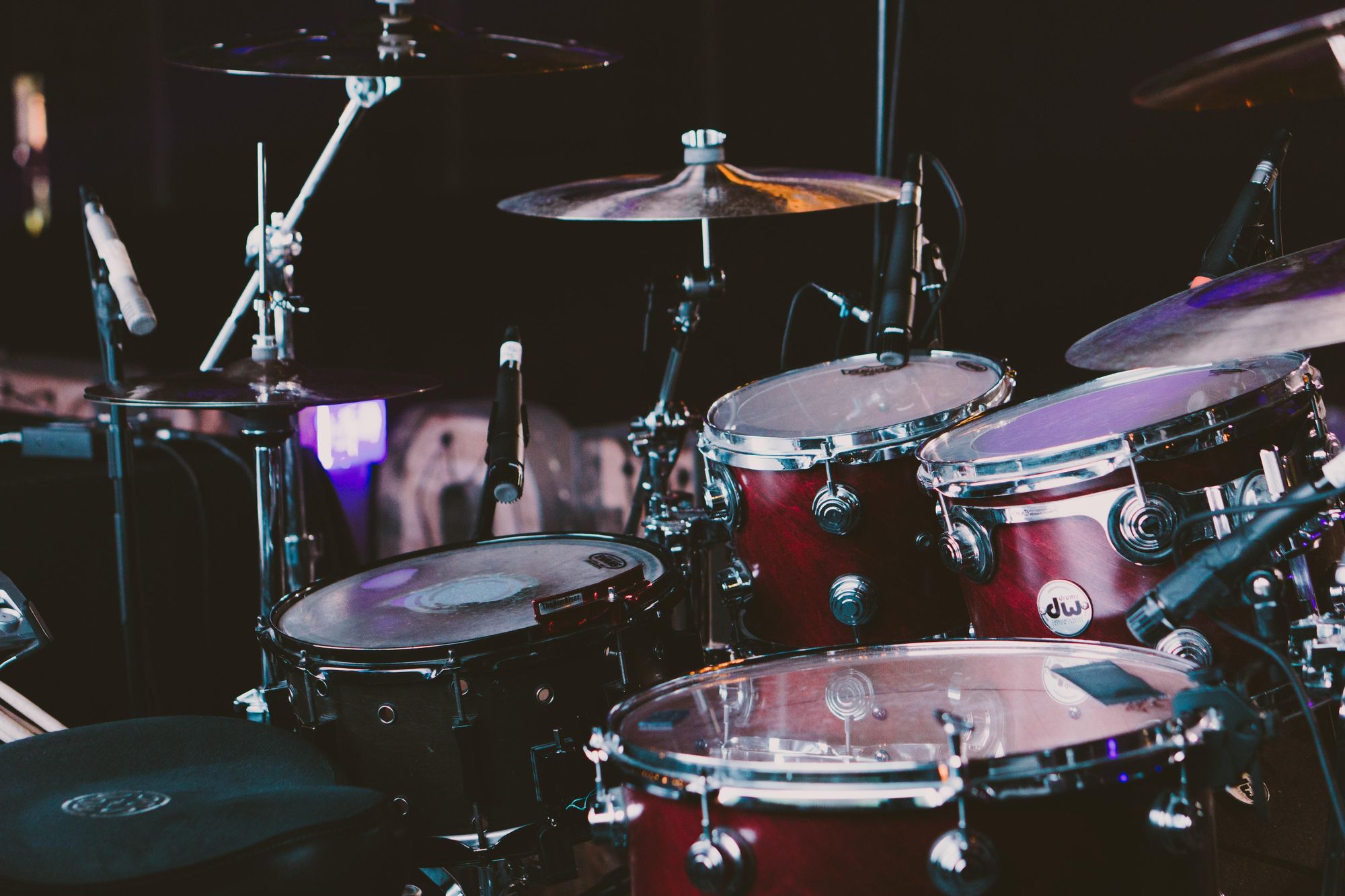
“A good writer possesses not only his own spirit but also the spirit of his friends.”
Friedrich Nietzsche
A motion was filed this week by the National Music Publishers’ Association (NMPA) and the Nashville Songwriters Association International (NSAI) to ask the Copyright Royalty Board (CRB) to set interim rates at the current levels. Digital services - Spotify, Amazon, Pandora, and Google - recently appealed the CRB rate determination that would see the headline rate for music publishing royalties to rise 44% from 10.5% to 15.1% of revenue during the 2018-2022 term. Without an interim rate, the NMPA and NSAI fear “there will be a free-for-all,” with services selecting rates unilaterally.
Hipgnosis Songs Fund Ltd. went through with an acquisition of the Kobalt Music Copyrights Fund 1 this week, which comprises over 33,000 songs written by over 1,500 songwriters for $323 million. The acquisition will be funded through a combination of equity and borrowings from its recently expanded revolving credit facility. The Hipgnosis Songs portfolio now contains 117 catalogs with 57,000 songs, with an acquisition value of £1.18 billion ($1.5 billion), according to the company.
In a blog post published on Monday, Spotify announced that it will add the input of artists and labels to its personalized recommendation process in exchange for a reduced royalty rate received by the artists and labels. “This allows our algorithms to account for what’s important to the artist — perhaps a song they’re particularly excited about, an album anniversary they’re celebrating, a viral cultural moment they’re experiencing, or other factors they care about,” the blog post reads.
Learn more about the exclusive rights included in copyright law in our weekly “Music Industry - 5 Mins or Less” video series! Click here for more information:
In this newsletter:
- Music Publishers Ask CRB to Set Interim Rates, Saying Further Delay May Lead to “Free-for All”
- Hipgnosis Songs Buys Kobalt Music Catalogs: 33,000 Songs for $323 Million
- Spotify Adds Artist and Label Input to Personalized-Recommendation Process
- Artist Manager Grouping Calls for Pan-European Debate on the Streaming Business Model
- SOCAN Revenues Grew 8.2% in 2019 - But Payments to Songwriters and Publishers Shrunk by 6%
- Collecting Society APRA Reveals COVID-19 Impact on Royalties
Now, the details...
Compiled by Heidi Seo
Exploration Weekly - November 6, 2020
Music Publishers Ask CRB to Set Interim Rates, Saying Further Delay May Lead to “Free-for All”
The National Music Publishers’ Association (NMPA) and the Nashville Songwriters Association International (NSAI) have filed a motion asking the Copyright Royalty Board to set interim rates at the current levels. The news comes after the DC Circuit Court of Appeals decided to officially remand George Johnson on October 26 and the digital services - Spotify, Amazon, Pandora, and Google - appealed the CRB rate determination back to the CRB judges. The determination would see the headline rate for music publishing royalties to rise 44% from 10.5% to 15.1% of revenue during the 2018-2022 term. The Appeals Court vacated the CRB’s adopted rate structure and percentages and remanded the proceeding back to the CRB. With that, the NMPA and NSAI motion asks the CRB to keep the current rate structure in place to "avoid significant confusion and disruption in the mechanical licensing market, and harm to the copyright owners during the period pending the Remand [Rate] Determination." Without an interim rate, the NMPA and NSAI say they fear "there will be a free-for-all," with services selecting rates unilaterally.
Hipgnosis Songs Buys Kobalt Music Catalogs: 33,000 Songs for $323 Million
This week, Hipgnosis Songs Fund Ltd. acquired the Kobalt Music Copyrights Fund 1, which includes the song catalogs of such writers as Lindsey Buckingham, Steve Winwood, the B52’s, 50 Cent, George Benson, Bonnie McKee, Nelly and Skrillex, among others. In total, the 42 catalogs comprise over 33,000 songs written by over 1,500 songwriters. Hipgnosis Songs says it is paying $323 million and funding the acquisition through a combination of equity and borrowings from its recently expanded revolving credit facility. Moreover, the net publishers’ share (NPS) grew 6% to $18 million in 2019, which it says translates into an 18.3 times NPS multiple. Over the summer, Hipgnosis Songs, which is listed on the London Stock Exchange, raised some £420 million in two equity tranches, first raising £236.2 million ($293.4 million) in July and another £190 million ($245.4 million) on Sept. 21. With the Kobalt acquisition, that brings Hipgnosis Songs portfolio to 117 catalogs with 57,000 songs, with an acquisition value of £1.18 billion ($1.5 billion), according to the company.
Spotify Adds Artist and Label Input to Personalized-Recommendation Process
Spotify announced in a blog post Monday that it will add the input of artists and labels to its personalized recommendation process, enabling them to promote a new single, for example, over songs that Spotify’s algorithm might have suggested otherwise. “In this new experiment, artists and labels can identify music that’s a priority for them, and our system will add that signal to the algorithm that determines personalized listening sessions,” the blog post reads. “This allows our algorithms to account for what’s important to the artist — perhaps a song they’re particularly excited about, an album anniversary they’re celebrating, a viral cultural moment they’re experiencing, or other factors they care about.” The artists and labels will receive a lower royalty rate for this service - “a promotional recording royalty rate for streams in personalized listening sessions where we provided this service,” according to the announcement.
Artist Manager Grouping Calls for Pan-European Debate on the Streaming Business Model
The European Music Managers Alliance (EMMA) has called for a pan-European debate on some of the key issues of streaming and how monies generated by the streaming services are shared out across the music industry. According to the trade group, the ongoing streaming boom is not the “cause for celebration” it should be. “Commercial inefficiencies alongside outdated licensing and contractual practices mean too little of this revenue is reaching artists and other music makers,” says EMMA, highlighting three issues with the streaming business in particular. On the recordings side, legacy artist contracts where terms written for the CD era are being applied in a digital age. On the songs side, data issues that mean not all monies can be accurately allocated to the songs that have actually been streamed. And finally the perceived problems with the current service-centric system for royalty distribution. EMMA also calls on European governments to properly implement last year’s EU Copyright Directive and call for a “unified response” to the wider challenges posed by COVID-19.
SOCAN Revenues Grew 8.2% in 2019 - But Payments to Songwriters and Publishers Shrunk by 6%
According to the 2019 financial results posted on November 4 by SOCAN, the Canadian performing rights society generated revenues of CAD $405.6 million (approximately $310.5 million) in 2019, up 8.2% compared with 2018. On the other hand, the body’s payouts to members totalled CAD $296 million ($226.6 million), a 6% decline compared with the CAD $315 million ($241 million) distributed in 2018. According to SOCAN, this disparity was due primarily to what it describes as a “steep learning curve required for the company’s newly deployed technology to process international and television income”. Furthermore, SOCAN’s 2019 results were a 10% year-over-year increase in domestic collections of CAD $315.1 million ($241 million), and a 2.2% year-over-year increase in international royalty collections of CAD $90.5 million ($69.2 million). SOCAN also generated CAD $86 million ($66 million) in revenue from digital sources (+37.6%), while reproduction rights collections increased to CAD $12 million ($9 million).
Collecting Society APRA Reveals COVID-19 Impact on Royalties
Australian collecting society APRA is the latest PRO to quantify the effect that the COVID-19 pandemic has had on its collections, and thus on its payouts to songwriters and publishers. “The November APRA royalty payment overall will be down 11% compared to the same quarter last year,” it explained. November’s payment is for royalties from the second quarter of this year – the first full quarter of the pandemic for Australia. APRA’s royalty payouts from digital services grew by 27% year-on-year, but royalties from commercial TV fell by 20%. Commercial radio revenues additionally fell by 57% and concert royalty payments fell by 24%.
Random Ramblings
- "Baby Shark" swims past “Despacito” to become the most-viewed YouTube video of all-time.
- Converting visual design principles into their audio counterparts.
- A history of recorded blues.
- The most historic hip-hop firsts on the Billboard Hot 100.
- The Weeknd scores his first No. 1 on the Adult Contemporary Chart with "Blinding Lights".
- JoJo delivers a moving performance of Diane Warren's “The Change”.
Who is Exploration?
Exploration is proud to be the company of choice to administer much of the world’s most important media. Utilizing competent staff and advanced technology, our clients are able to better control their data and collect their money.
We’re writing a free book on how the music business works. Learn more here.
The catalog metadata template offers the minimum viable data needed to collect publishing royalties. Download the .csv file here.
To see who is collecting your royalties, request a free copyright audit here!
Please feel free to reach out anytime if you have any questions or ideas!
Hope you have a great weekend!
hello@exploration.io
http://exploration.io
Facebook
Twitter
Linkedin
Google+
310-739-5482
171 Pier Ave., #251
Santa Monica, CA 90405
